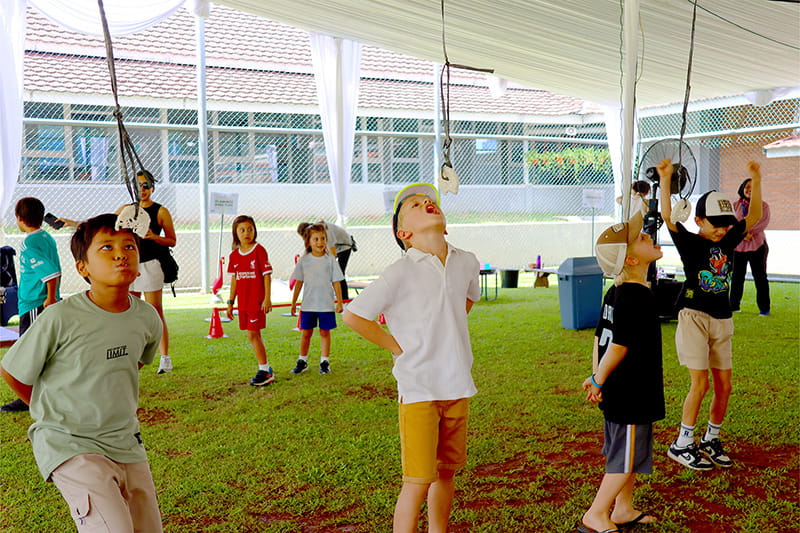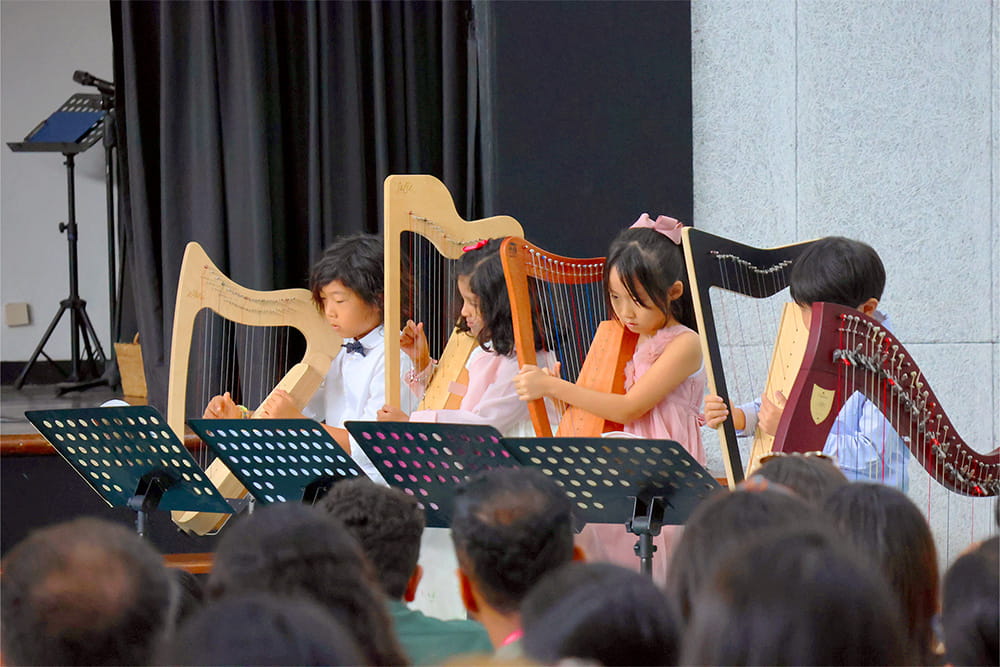I look for a clear sense of purpose – this more than anything else. A school with a strong purpose nurtures that same quality in its students. You find the children developing a clear sense of direction – and not just a determination to do well for themselves, but a wish to see their friends and peers do well, too. In these schools, students and teachers alike can explain why they are proud of their school. So it’s definitely something to look out for when you’re choosing your child’s next school.
A strong sense of community isn’t the only sign of purpose that I look for in a school. Here is my advice on factors to take into account when choosing the right international school for your child:
The staff
- When you meet staff, either for a formal meeting or through a chance encounter in the corridor, do they express a clear sense of aspiration and ambition for the children in their care – whether they are talking about senior students or toddlers?
- Looking beyond classroom teachers, are you seeing that same level of purpose from teaching assistants and other support staff?
- All schools say that they hire great staff, and the best schools certainly recruit the best available. But the school for your child should be the one that also has in place programmes to ensure that teachers are refining and improving their teaching practice on the job. Don’t be afraid to ask what a school offers to its staff.
- When you meet the administrative staff responsible for admissions, do you get the sense that you are on the end of a sales routine, or is it clear that they are truly helping to establish whether the school is likely to meet your – and your child’s – needs? Always look for the latter.
"The school for your child should be the one that has in place programmes to ensure that teachers are refining and improving their teaching practice on the job."
The students
- Do the students look purposeful? For example, as they move between lessons, is there a clear sense that they know what’s next, know where to go, and are ready for the next part of the day?
- Observe how the children engage with their teachers. Are the students asking questions, demonstrating intellectual curiosity, and showing a willingness to challenge respectfully what they are being taught? These are all vital skills and a good school will be cultivating them
The learning environment
- Talk is cheap, great facilities are not. Is there evidence that the school is making good on promises to provide the facilities and resources required for great learning, or is there more than a hint of wishful thinking about school development plans? And it’s not just about the amount of floor space: ask how the layout and quality of facilities affects how students learn in the school.
- Good schools don’t follow education fads; they think ahead and develop meaningful and sustainable approaches to educating young people. That includes developing long term partnerships with organisations that can offer genuine value to children’s education, like Nord Anglia’s collaborations with The Juilliard School and MIT. So don’t just be impressed by talk of ‘innovation’: dig beneath the surface.
"Good schools don’t follow education fads; they think ahead and develop meaningful and sustainable approaches to educating young people."
Shaun Williams is the Regional Managing Director for Nord Anglia Education in Southeast Asia, with overall responsibility for NAE’s schools in Thailand, Vietnam, Singapore and Cambodia - including NIS in Jakarta. Shaun has worked in a variety of British and international curriculum schools during his long teaching career stretching back to 1982. This has included many years of senior management experience both in England and in international schools overseas.








